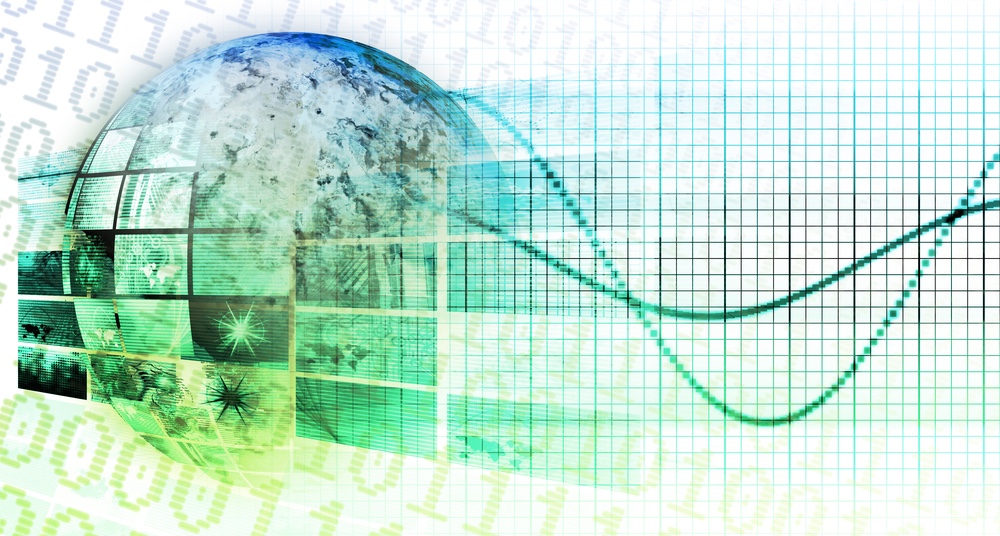
As a regular reader of Tripwire, you are aware that October is National Cyber Security Awareness Month. If you are a business owner, you are aware that every month is Cyber Security Awareness Month. To stretch the point one step further, as an employee, did you know that you are a valuable member of your organization’s Cyber Security Awareness team? A problem with many office environments is that security seems like something that the big bad corporation imposes on its workforce. However, a little bit of awareness can make a huge difference in how you perceive and respond to security initiatives. Cyber security is not something that should be relegated to the folks sitting in the dimly lit rooms with many monitors displaying global maps and speedometers. In order to make cyber security successful, we all have to be aware and involved. Here are some things you can do to increase your cyber awareness footprint both in your professional and personal life:
1. Password Management
Take some time to become acquainted with at least one of the many password managers available. We keep hearing about the perils of weak passwords, as well as the risk of using the same passwords across multiple sites. Are you using the same password for your email, Facebook and LinkedIn accounts? If yes, welcome to the trifecta of identity theft jackpots! The amount of time it takes to learn how to use a password manager is infinitely shorter than the agony of unwinding your life from an identity theft event.
2. Multi-factor Authentication
We all carry our phones everywhere. In fact, it was recently reported that more people die taking selfies than from shark attacks (Ouch!). Many sites that offer a second step of logging in do so by either sending a text message to your registered phone, or by generating a code on an “Authenticator” application. Many of the data breaches that occurred in recent memory could have been severely hindered if not outright prevented through the use of a second authentication step in the login process. If your bank has not already imposed it on you, multi-factor authentication is sure to become a mandatory part of your online banking experience.
3. and 4. How do you connect?
Do you walk into any public place and connect to any open hotspot without taking some personal precautions? Two simple methods can protect you while you surf: First, take a look around for any shoulder surfers. A good shoulder surfer can snatch your password from across a room. A quick glance of your surroundings can protect you from these prying eyes. Second, before you go to your favorite public hotspot, get a personal VPN client. Even the free offerings will offer more protection than not using one.
5. Remember the basics.
Basic internet hygiene includes knowing that Nigerian Princes are not seeking to send you money, no matter how much they invoke God’s good graces on you. Celebrities are not seeking to meet you via the internet, no matter how popular you are. Always perform an image search for any potential suitors, as they may not be who they say they are. Simple steps can make a difference in your overall approach to security. If you practice good security at home, you will find it easy to practice it at work, as well. Perhaps you will find that those folks who stare at the global maps and speedometers aren’t such an anti-social bunch after all!

About the Author: Bob Covello (@BobCovello) is a 20-year technology veteran and InfoSec analyst with a passion for security topics. He is also a volunteer for various organizations focused on advocating for and advising others about staying safe and secure online. Editor’s Note: The opinions expressed in this guest author article are solely those of the contributor, and do not necessarily reflect those of Tripwire, Inc. Title image courtesy of ShutterStock

